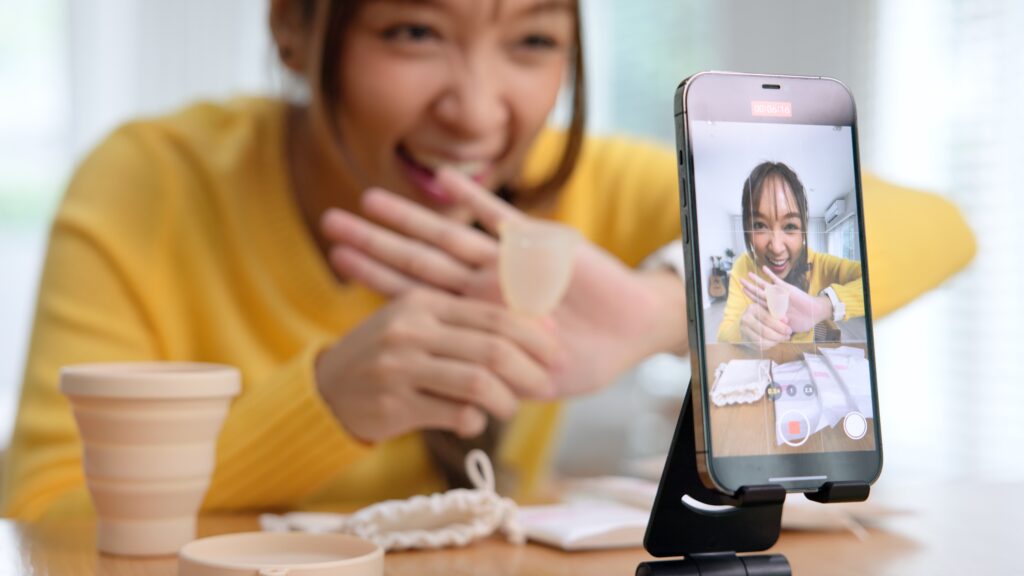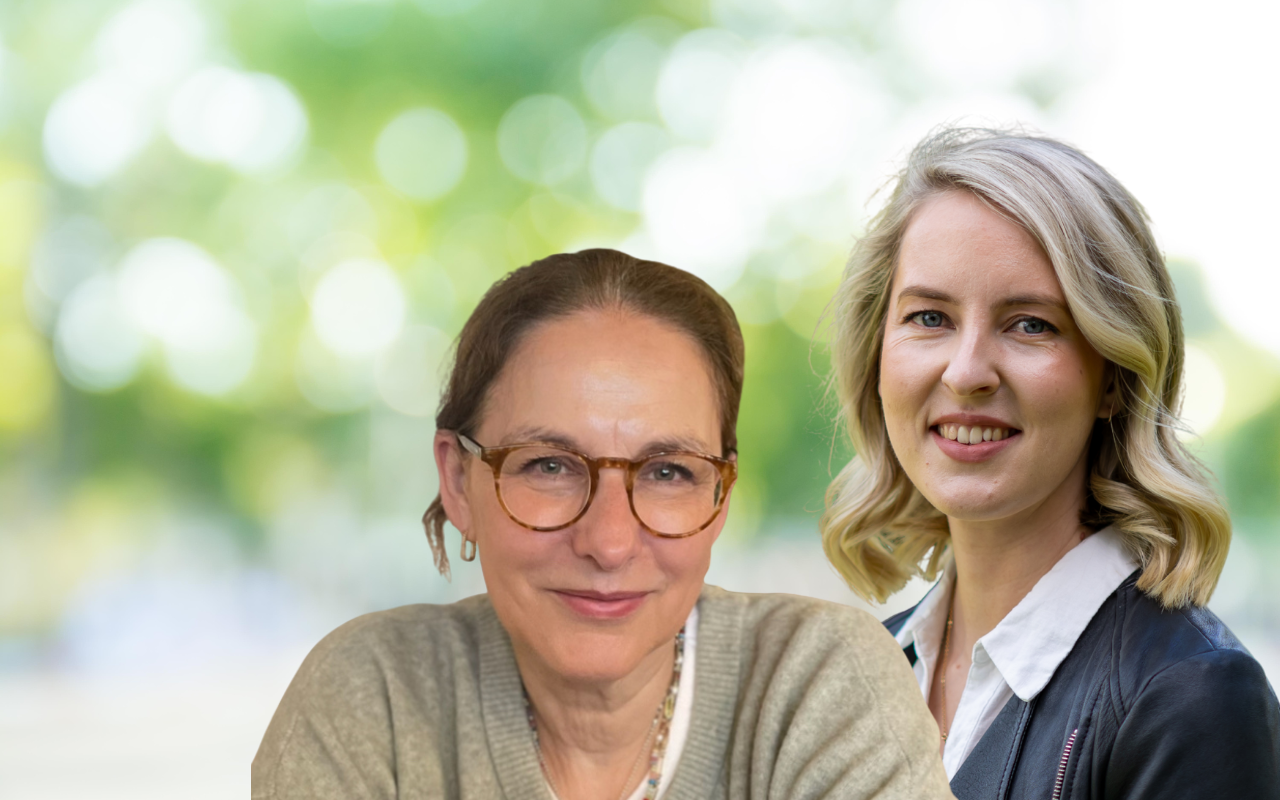It’s becoming increasingly difficult for young adults to tell the difference between accurate and misleading reproductive health information on TikTok. This can shape their reproductive beliefs and ultimately, their reproductive choices.
It is no surprise that social media has become a go-to source of health information for young adults, especially when it comes to topics that are stigmatised or difficult to discuss in clinical settings, such as sexual and reproductive health. TikTok is one of the newer platforms and specifically popular among users aged 18 to 34 years, the peak reproductive years. Its appeal lies in the free, anonymous, short, and easily digestible content that many find relatable.
TikTok has the potential to provide quick and accessible ways to improve health literacy, boost confidence around health choices, and support treatment decisions, thereby filling gaps left by traditional healthcare or serving as an alternative when traditional services are hard to access or too expensive. Topics like contraceptive choice and use attract billions of views, indicating not only a high level of engagement but also a significant influence on young adults’ reproductive decision-making. But there is a catch: research has shown that a lot of the content on social media is inaccurate, misleading or lacking essential details.
This is especially the case for videos about hormonal contraception when posted by influencers or self-proclaimed health experts whose advice are based on personal experiences or promotional interests.This concern is further compounded by TikTok’s algorithm, which tends to promote content that reinforces users’ existing beliefs and limit exposure to diverse or evidence-based perspectives.
As the volume of TikTok content continues to grow, it becomes increasingly difficult for young adults to tell the difference between accurate and misleading health information. This can shape their reproductive beliefs and ultimately, their reproductive choices.

Investigating misinformation on TikTok
In our recent study, published in Perspectives on Sexual and Reproductive Health, we investigated the prevalence of misinformation in popular TikTok content related to contraception. To do this, we created a new account for a hypothetical 18-year-old female user living in Australia and retrieved the 100 most-viewed TikTok videos tagged with the five most popular contraception-related hashtags. We then analysed the videos’ content and assessed their quality and reliability with the 16-item DISCERN tool.
We found that, collectively, the videos amassed nearly 5 billion views and 14.6 million likes, indicating their substantial reach and influence. However, only ten of the 100 were created by medical professionals; the remainder were posted by general users, health educators, or individuals that used unregulated titles without formal education or training, many with large followings. The overall quality and reliability of the reported health information were poor, even among the content produced by medical professionals.
What stood out most though was that more than half of the non-medical video creators explicitly rejected the use of hormonal contraception. Instead, they promoted the effectiveness of “natural” birth control methods, such as cycle tracking, while failing to disclose that the success of these approaches relies on many additional factors, including the consistent use of barrier methods.
We also found that one in three creators expressed clear distrust toward healthcare professionals and/or hormonal contraception. This sentiment was often rooted in personal experiences, including feeling dismissed or pressured in clinical encounters, or in individual belief systems and anecdotal advice not supported by scientific evidence.
At the time this research was conducted, it was the first of its kind to look at how reliable and accurate contraceptive information is on TikTok. This represents a significant strength, offering important insights into the scope of the issue and the potential influence of social media on contraceptive knowledge, especially among younger audiences. That said, we only looked at a relatively small sample of English-language TikTok videos, selected using popular hashtags at a single point in time. So, while the insights are valuable, they may not reflect the full picture, and the landscape of contraceptive information on TikTok may have since changed since then. We also had to rely on the information provided by the video creators to identify their characteristics, which means some may have been misclassified.
Why are women turning to TikTok?
The growing desire among women to take a more natural approach to their health and regain control over their hormonal balance has contributed to a global decline in the use of hormonal contraceptives. In the videos, many women expressed feeling unheard during consultations, with their concerns or negative experiences with hormonal contraception often dismissed. They felt pressured to accept a contraception method, even if they were not fully comfortable with it, solely based on its recognised safety and effectiveness.
It is not surprising that when people feel excluded from shared decision-making, they are more likely to question medical advice and turn to platforms like TikTok, where they find validation and are exposed to non-evidence based contraceptive methods promoted as healthier options. This can cause confusion and increase the risk of unsafe contraception choices, ultimately raising the likelihood of unplanned pregnancies and sexually transmitted diseases.
Building trust with GPS
General practitioners should be aware that many young adults now rely on social media as their primary source of contraception information. Asking patients what they have seen online and addressing any misinformation or concerns with sensitivity might help re-build trust.
It is also important to explore and validate any hesitations around hormonal contraception, especially if patients feel their past experiences were dismissed.
To truly counter misinformation and support informed choices, health professionals and organisations need to engage with young people online. This involves sharing accurate, relatable, and non-judgmental content about contraception and other relevant health topics.
When done well, this approach can help young people navigate digital spaces more safely and make well-informed choices about their reproductive health.
Dr Caroline de Moel-Mandel is a lecturer and researcher at La Trobe University, specialised in equitable access to healthcare, particularly in sexual and reproductive health. She previously practiced as a general practitioner in the Netherlands.
Ms Megan Bugden is a lecturer in the Department of Public Health at La Trobe University. Her research focuses on women’s sexual and reproductive health, with a focus on how hegemonic gender within society constrains women’s reproductive decision-making and motherhood experiences.
The authors declare no competing interests. None of the authors work for, consult, own shares in, or receive funding from any company or organisation that would benefit from this article. All authors hold academic appointments and affiliations relevant to their research, but these have not influenced the content or conclusions of the article.
The statements or opinions expressed in this article reflect the views of the authors and do not necessarily represent the official policy of the AMA, the MJA or InSight+ unless so stated.
Subscribe to the free InSight+ weekly newsletter here. It is available to all readers, not just registered medical practitioners.
If you would like to submit an article for consideration, send a Word version to mjainsight-editor@ampco.com.au.

 more_vert
more_vert